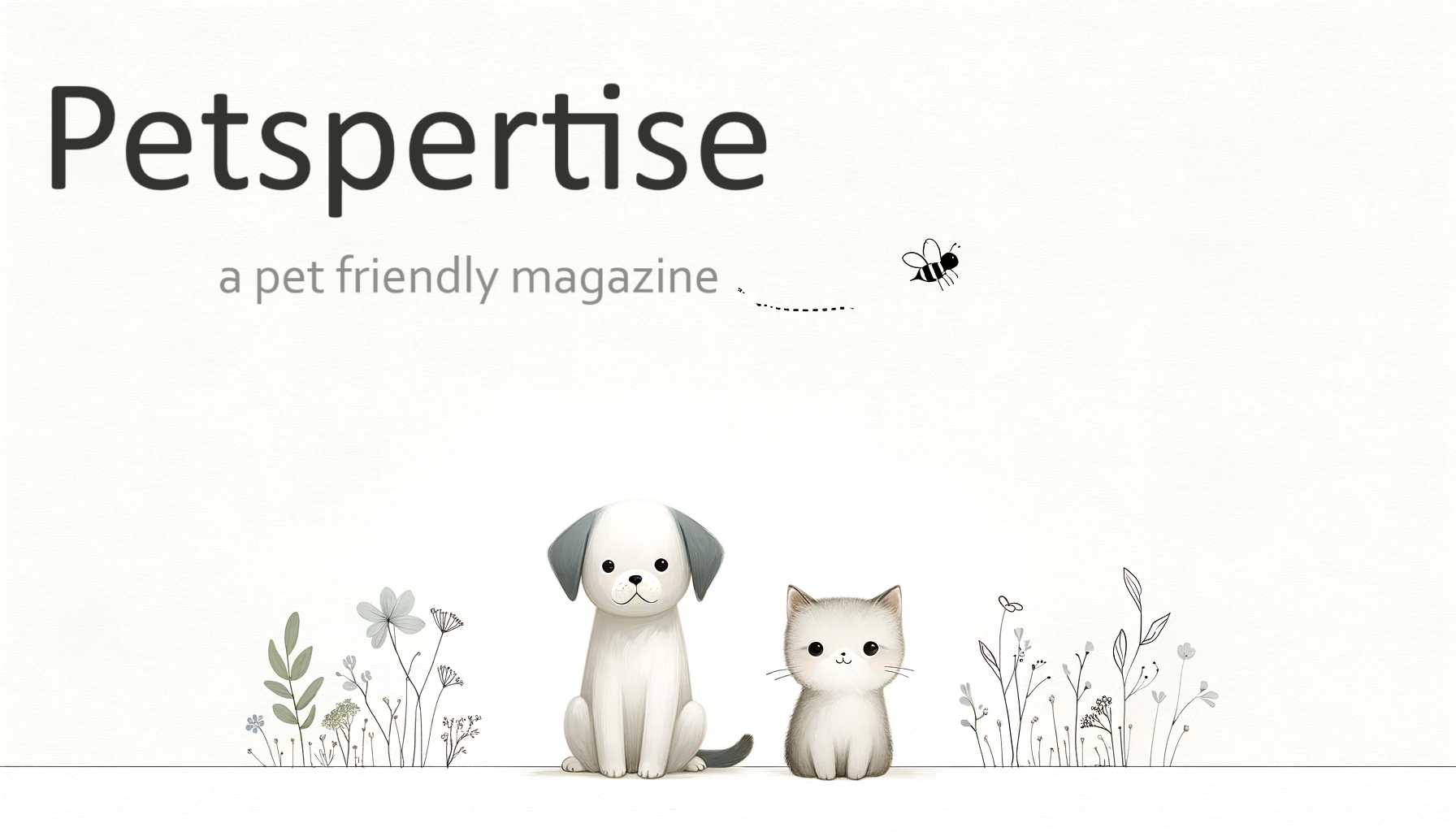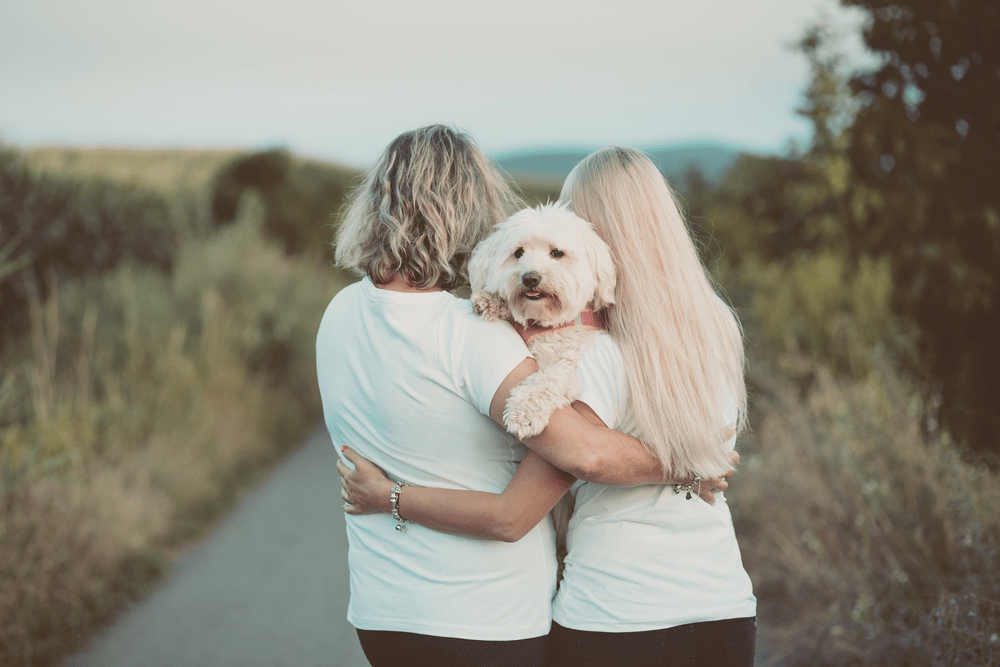The Rise And Fall Of Pet Ownership In The Post-COVID Era
The COVID-19 pandemic has brought about many changes in our lives, and one of the most significant changes has been the increase in pet ownership. With more people spending time at home, they’ve turned to furry companions for comfort and love. However, as the world begins to return to normal and people go back to work, there are concerns about what will happen to all these new pets. In this article, we’ll explore the post-COVID pet ownership landscape and the impact it’s having on animal shelters.
The COVID-19 Pet Boom
The COVID-19 pandemic has been a catalyst for pet adoption, with a 30% increase in pet adoptions reported by the American Society for the Prevention of Cruelty to Animals (ASPCA). People have been seeking out pets to provide comfort and emotional support during uncertain times, and the demand for furry friends has skyrocketed. But with the world beginning to return to normal, there are concerns about what will happen to all these new pets.
The Pawsitive Impact on Mental Health
Pets have been shown to have a positive impact on mental health, with studies finding that pet owners have lower rates of depression and anxiety. Pets provide unconditional love and affection, which can help boost self-esteem and reduce feelings of loneliness and isolation. In addition, pets encourage physical activity and outdoor exploration, which can also have a positive impact on mental health.
Options for Pet Owners Who Are No Longer Able to Care for Their Pets
For people who find that they are unable to care for their pets because of the demands of returning to work, there are several options available. They can:
Re-home the pet with a trusted friend or family member.
Contact a pet rescue organization that specializes in re-homing pets.
Consider pet-sitting or pet-walking services to provide the pet with care while the owner is at work.
Surrender the pet to an animal shelter with the hope of finding a new home.
It’s important to carefully consider each option and what’s best for the pet before deciding. Re-homing with a trusted friend or family member can provide a pet with a stable, loving environment, while surrendering a pet to a shelter can be a difficult and stressful experience for both the pet and the owner. Contacting a pet rescue organization or using pet-sitting services can be a good way to provide care for a pet while still ensuring that the pet has a safe and loving environment.
According to the Humane Society of the United States, nearly 25% of pets adopted during the pandemic have been returned to shelters. This puts a significant strain on animal shelters, which are already facing overcrowding and limited resources. In addition, the sudden influx of pets can make it harder for shelters to find new homes for the animals in their care.
The Return of Pets to Shelters
Unfortunately, as people return to work, many are finding that they are unable to care for their pets. In some cases, the cost of pet care or the time commitment required is too much for them to handle. This has resulted in a rise in the number of pets being returned to animal shelters.
According to the Humane Society of the United States, nearly 25% of pets adopted during the pandemic have been returned to shelters. This puts a significant strain on animal shelters, which are already facing overcrowding and limited resources. In addition, the sudden influx of pets can make it harder for shelters to find new homes for the animals in their care.
The Emotional Toll of Surrendering a Pet: Understanding the Impact on Animals
Surrendering a pet can be a heart-wrenching decision, but it’s one that many pet owners are faced with as they return to work after the COVID-19 pandemic. While surrendering a pet may seem like the best option for the owner, it can have a significant impact on the emotional well-being of the animal. Understanding the emotional toll of surrendering a pet is important for pet owners, as well as for animal shelters, which are facing an increased influx of pets as a result of the COVID-19 pandemic.
Pets form strong bonds with their owners, and when that bond is broken, it can have a traumatic effect on the animal. Pets that are surrendered to shelters can experience anxiety, depression, and behavioral problems as a result of the sudden change in environment and the loss of their owner. In some cases, pets may even develop separation anxiety, which can result in destructive behavior, excessive vocalization, and loss of appetite.
In addition to the emotional toll, surrendering a pet to a shelter can also have physical health consequences. Pets that are surrendered to shelters are often exposed to diseases and parasites, which can result in illness and decreased quality of life. Shelter environments can also be stressful for pets, leading to increased susceptibility to disease and decreased ability to fight off illness.
To minimize the impact of surrendering a pet on the animal’s emotional and physical well-being, pet owners should consider all their options and choose the one that is best for their pet. This may involve re-homing the pet with a trusted friend or family member or using pet-sitting or pet-walking services to provide care for the pet while the owner is at work. By considering the emotional and physical impact of surrendering a pet, pet owners can make an informed decision that is in the best interest of their furry friend.
The Emotional Toll of Surrendering a Pet: Understanding the Impact on Pet Owners
As the world begins to reopen and people return to work, some pet owners are faced with the difficult decision of surrendering their beloved pets. This decision can have a significant emotional toll on the pet owner.
For many pet owners, the bond they have formed with their pet is a source of comfort and joy and surrendering their pet can feel like a betrayal of that bond. The thought of leaving their pet behind in a shelter, or with strangers, can be overwhelming and cause feelings of guilt, sadness, and even anger. Some pet owners may even experience symptoms of grief and loss, such as feelings of emptiness, difficulty sleeping, and a loss of interest in activities they once enjoyed.
Surrendering a pet can also bring up feelings of regret. Pet owners may look back on their decision and wonder if there was a way they could have kept their pet, or if they could have done more to provide for their needs. These feelings of regret can be compounded by the fear that their pet may not be adopted, or that they may have a less-than-ideal life in a shelter.
In some cases, pet owners may even experience a sense of identity loss. Pets are often an important part of their owner’s sense of self and losing that connection can result in feelings of emptiness and disconnection. Some pet owners may feel like a part of them is missing and may struggle to adjust to life without their furry friend.
While the emotional toll of surrendering a pet can be significant, it is important for pet owners to remember that they are not alone. There are resources and support available for pet owners who are struggling with this decision, including pet loss support groups, counseling services, and online communities. By reaching out for help and support, pet owners can find comfort and guidance as they navigate the emotional journey of surrendering their pet after the COVID-19 pandemic.
Post Covid 19. Why Surrendering Your Pets May Be The Solution
While surrendering a pet can be a difficult and emotional decision, it is often the best option for the pet when the owner is no longer able to provide full-time care. Pets, especially dogs, require a significant amount of time, attention, and resources to be happy and healthy. When pet owners return to work after the COVID-19 pandemic and can no longer provide these needs, it is best for the pet to find a new home where they will receive the care they deserve.
In a new home, pets have the opportunity to receive the necessary exercise, socialization, and attention they need to thrive. They also have a better chance of receiving proper veterinary care, and being part of a household where they are loved and valued. A new home provides the pet with a fresh start, and a chance to form new bonds with a loving family.
In addition, surrendering a pet to a new home can also help prevent behavioral issues that can arise from neglect and boredom. Dogs, in particular, are social animals that thrive on routine and structure. When they are not provided with enough exercise, stimulation, and attention, they can become destructive, aggressive, or develop other behavioral issues. In a new home, the pet will have the opportunity to receive the care and attention they need to lead a happy and healthy life.
Finally, surrendering a pet to a new home can also help relieve the pet owner’s stress and guilt. Pet owners who are unable to provide for their pet’s needs may feel overwhelmed and guilty about their situation. Surrendering the pet to a new home can help the owner feel like they have done the right thing for their pet, and can provide them with a sense of peace and closure.
In a nutshell, while surrendering a pet can be a difficult and emotional decision, it is often the best option for the pet when the owner is no longer able to provide full-time care. By surrendering their pet to a new home, pet owners can help provide their furry friend with a chance for a happier and healthier life and relieve their own stress and guilt.
The Future of Pet Ownership
So what does the future of pet ownership look like in a post-COVID world? While the pet boom may have been a result of the pandemic, it’s likely that many of the new pet owners will keep their pets even as the world returns to normal. However, the rise in the number of pets being returned to shelters is a concern, and it’s important for people to carefully consider their ability to care for a pet before bringing one into their home.
Conclusion
In conclusion, the COVID-19 pandemic has led to a surge in pet ownership, but as people return to work, there is a rise in the number of pets being returned to shelters. This puts a significant strain on animal shelters, which are already facing overcrowding and limited resources. It’s important for people to carefully consider their ability to care for a pet before bringing one into their home, and to be aware of the impact that pet ownership can have on animal shelters. With love and care, these new pets can thrive in their post-COVID world.











